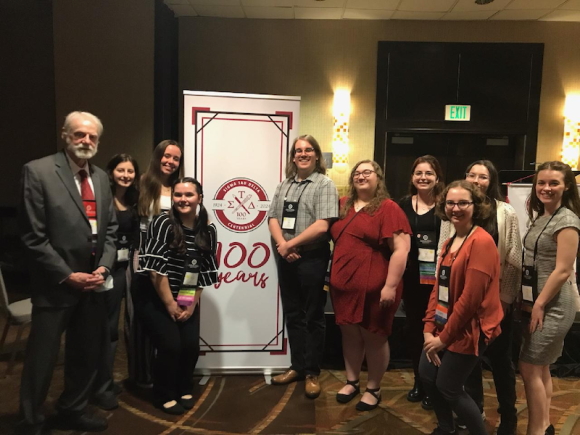
At 91ÌÒÉ«, our English Major with a Writing Concentration provides a dynamic and immersive experience in creative, professional, and academic writing. With small class sizes and dedicated faculty, students refine their skills through workshops, critical analysis, and hands-on projects.
Coursework covers a broad range of writing disciplines, allowing students to explore creative writing in fiction, poetry, and creative nonfiction, while also developing expertise in advocacy writing, including proposals, storytelling, and op-eds. Students engage in professional writing, such as grant writing, copyediting, screenwriting, and writing about the arts, alongside journalism courses that focus on feature writing, investigative reporting, and multimedia storytelling. The program also emphasizes rhetoric and critical writing, preparing students to analyze and craft persuasive arguments in academic and public discourse.
With a strong emphasis on experiential learning, all students complete at least one internship, gaining hands-on experience in professional settings. Beyond coursework, students participate in a vibrant writing community, contributing to literary journals, campus publications, and professional development opportunities that enrich their experience and prepare them for future endeavors in writing and communication.













